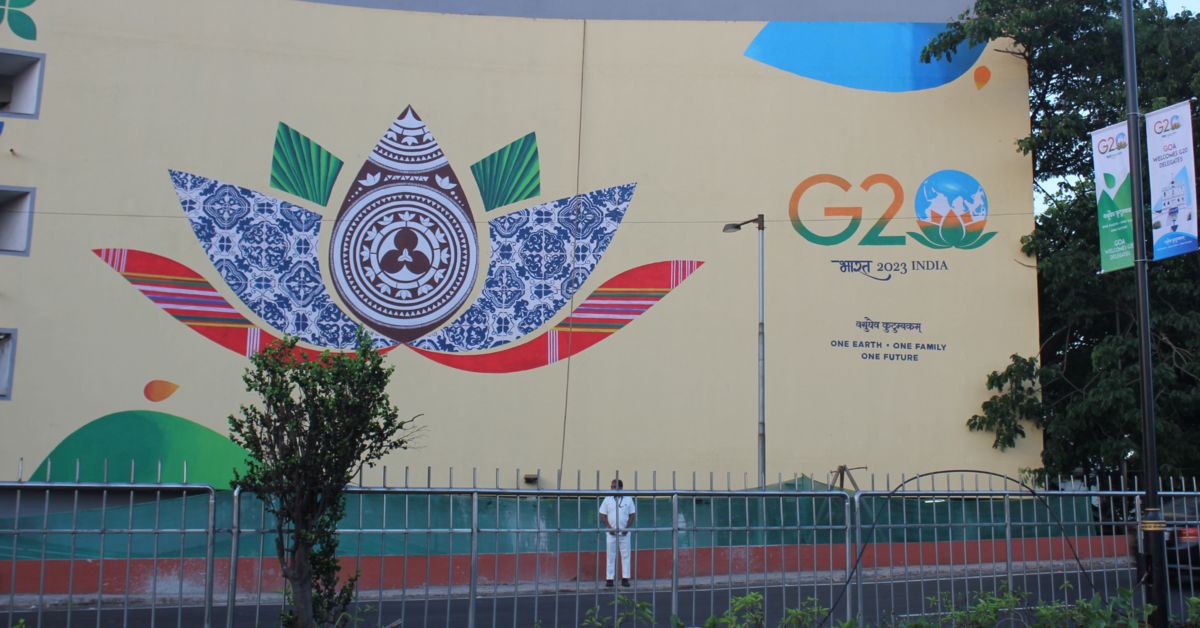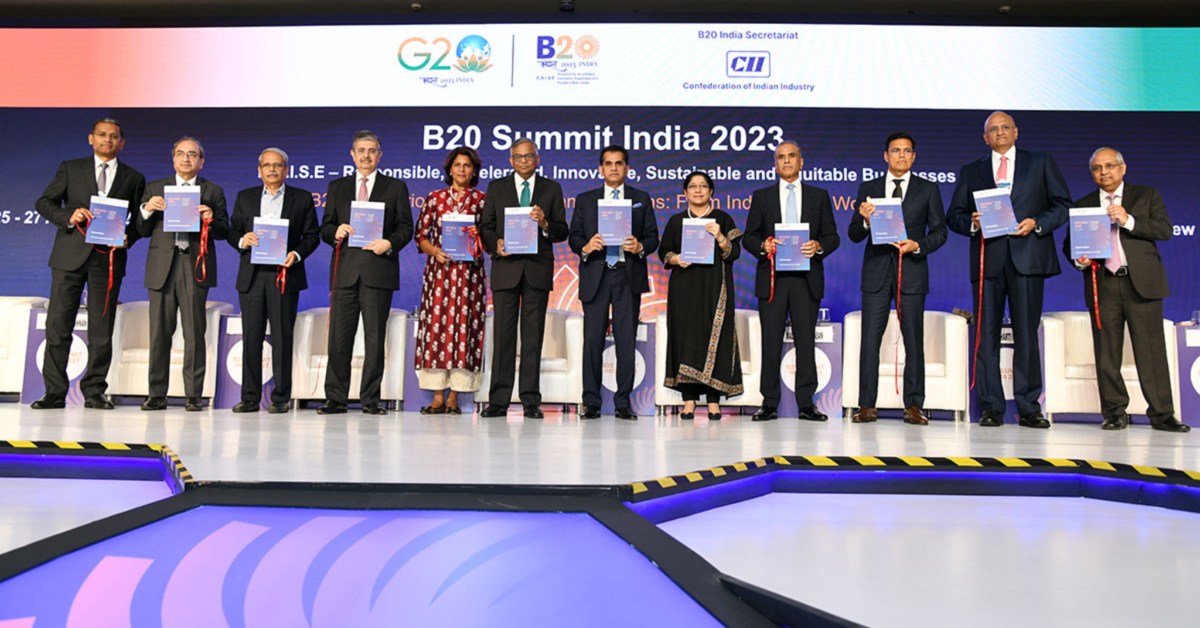India’s 2023 Assembly Election Results
Electoral triumphs bolster Modi’s leadership and economic policies
Prime Minister Narendra Modi’s Bhartiya Janta Party (BJP) achieved resounding victories in three crucial states—Madhya Pradesh, Rajasthan, and Chattisgarh—in the last round of assembly polls ahead of the general elections due in May 2024. The sweeping success for the BJP is seen as a significant boost for Modi’s image and an endorsement of his government’s economic policies, particularly in the face of challenges like high inflation and unemployment rates. In the results announced on Sunday, the principal opposition party—the Indian National Congress (INC)—managed to win Telangana, a face saver as it failed to retain other critical states. The weak performance by INC has dealt a blow to its claim of leading the alliance of regional political parties in 2024 national elections.
Insights
The BJP victories provide the government with a stronger mandate and political capital to pursue economic reforms and advance its flagship schemes, such as “Make in India,” supported by initiatives like the “Production Linked Incentive” (PLI). Additionally, it is likely to boost investor confidence and contribute to positive economic sentiment, given the stable political environment.
Below are some key insights for business:
- Macroeconomic boost and policy continuity: The electoral triumphs provide momentum to the macroeconomic landscape, with India’s economy projected to grow at 6.7–7% in the current fiscal year. The results underscore the electorate’s endorsement of the Modi government’s commitment to policy reforms, providing much-needed momentum for sustained economic growth. The continuity of these reforms addresses concerns about fiscal populism, distinguishing the government’s approach from promises of populist measures made by opposition parties. The electoral mandate reinforces the Modi government’s approach for a robust and forward-looking economic agenda.
- Fiscal management upheld: Under Prime Minister Modi’s leadership, the government has emphasized prudent fiscal measures aimed at fostering sustainable economic growth. The government’s efforts in rationalizing subsidies, implementing structural reforms, and pursuing responsible fiscal practices have contributed to economic stability. The BJP’s victories affirm the government’s ability to maintain fiscal discipline—crucial for sustained economic growth—and position India as an attractive destination for foreign investments.
- Welfare schemes reinforced: The Modi government’s flagship welfare schemes, including those focused on medical insurance, water, power, and housing, gained further validation through these victories. The electorate’s support indicates a positive response to the government’s social welfare initiatives, underscoring the successful delivery of key services to citizens. Riding high on the latest electorate success, the government is likely to increase capital allocation in these schemes in its interim budget to be presented in February 2024.
- BJP’s expanding dominance: The BJP’s triumphs extend its political dominance, with the party now governing in 17 states and Union Territories out of a total of 38. In contrast, the INC, after Sunday’s defeat, is restricted to just six states. This broader political influence positions the BJP favorably in the Goods and Services Tax (GST) Council, which is comprised of finance ministers from states. Furthermore, the victory strengthens the BJP’s position in the Upper House of Parliament, allowing for a more comprehensive influence on legislative matters.



